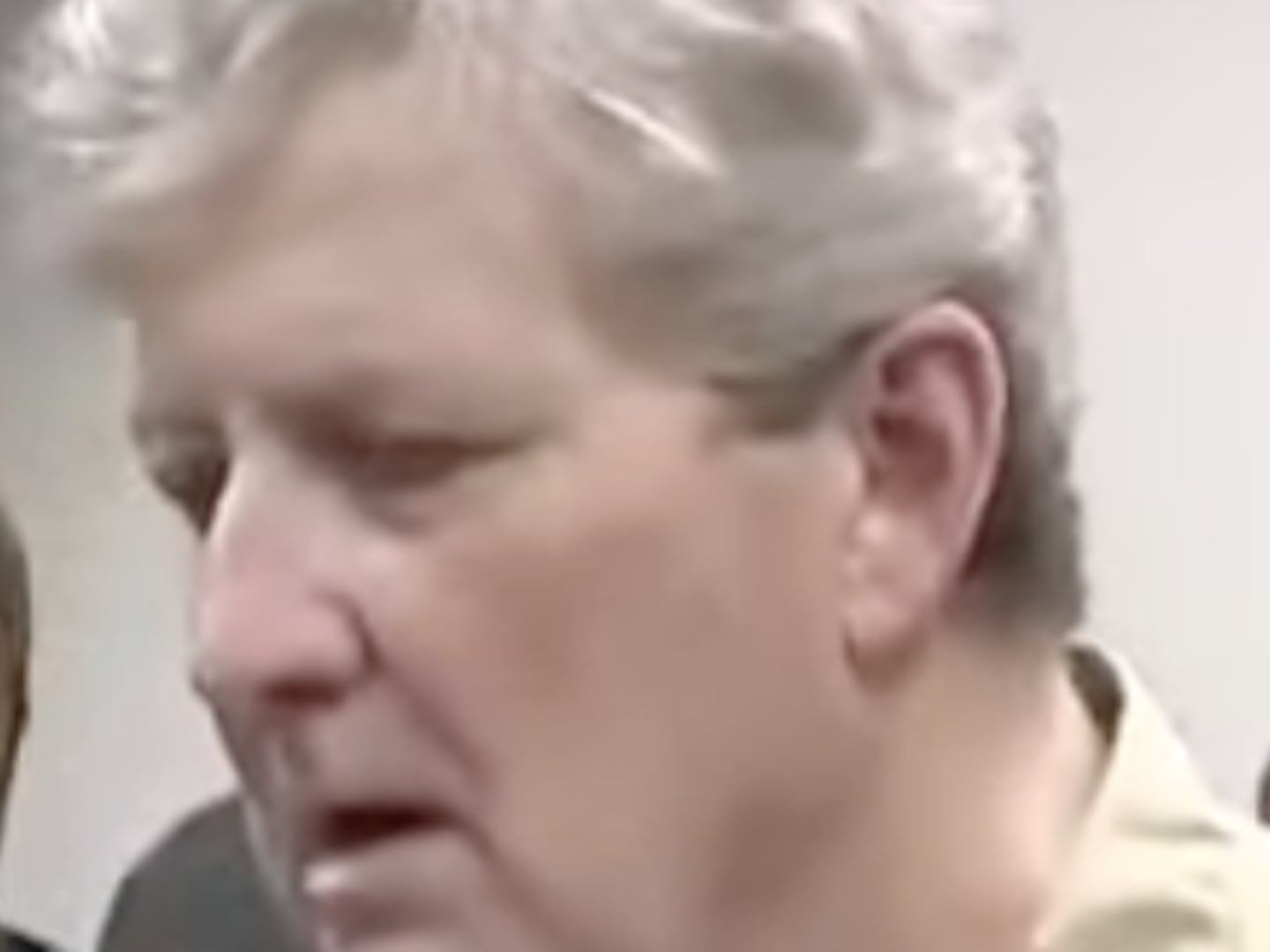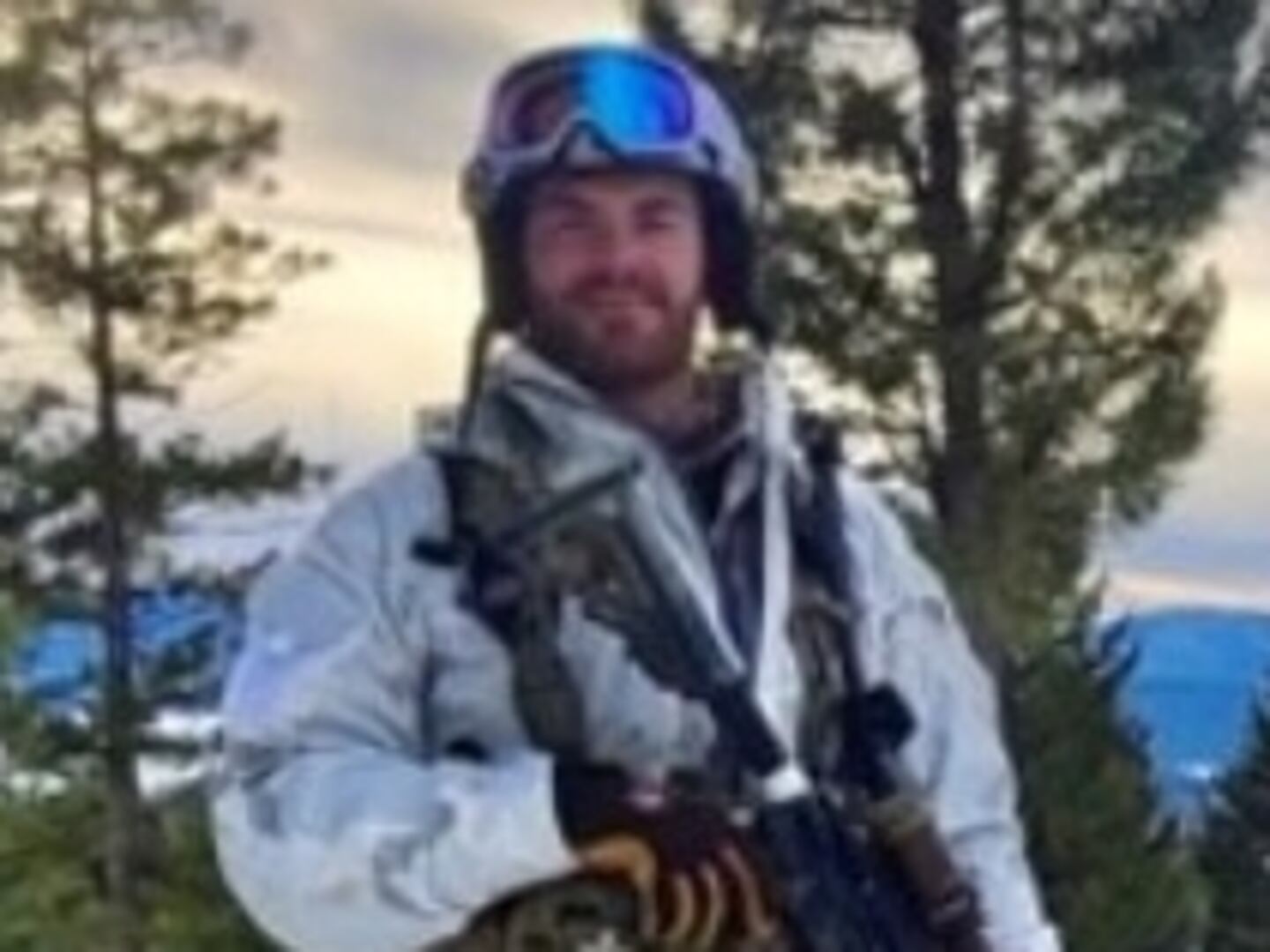Entertainment
Photo Illustration by Sarah Rogers/The Daily Beast
How Aubrey Plaza Went From Catholic School to Playing a Horny Nun
BLASPHEMOUS
The hilarious deadpan actress stars in and makes her producing debut in ‘The Little Hours,’ a new indie comedy directed by her boyfriend, Jeff Baena.





